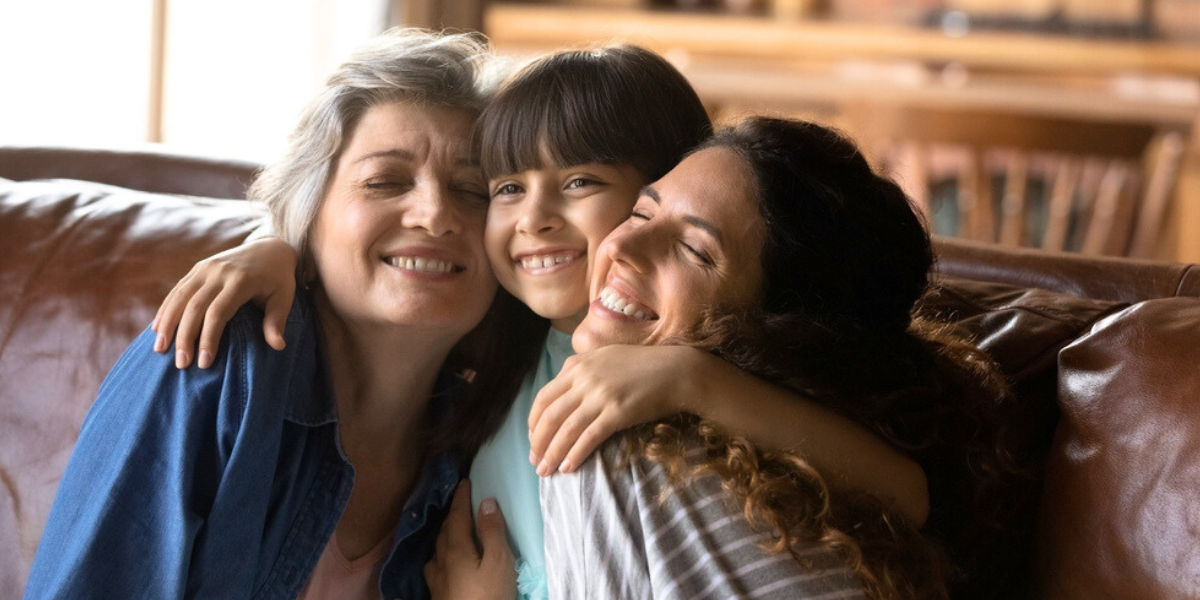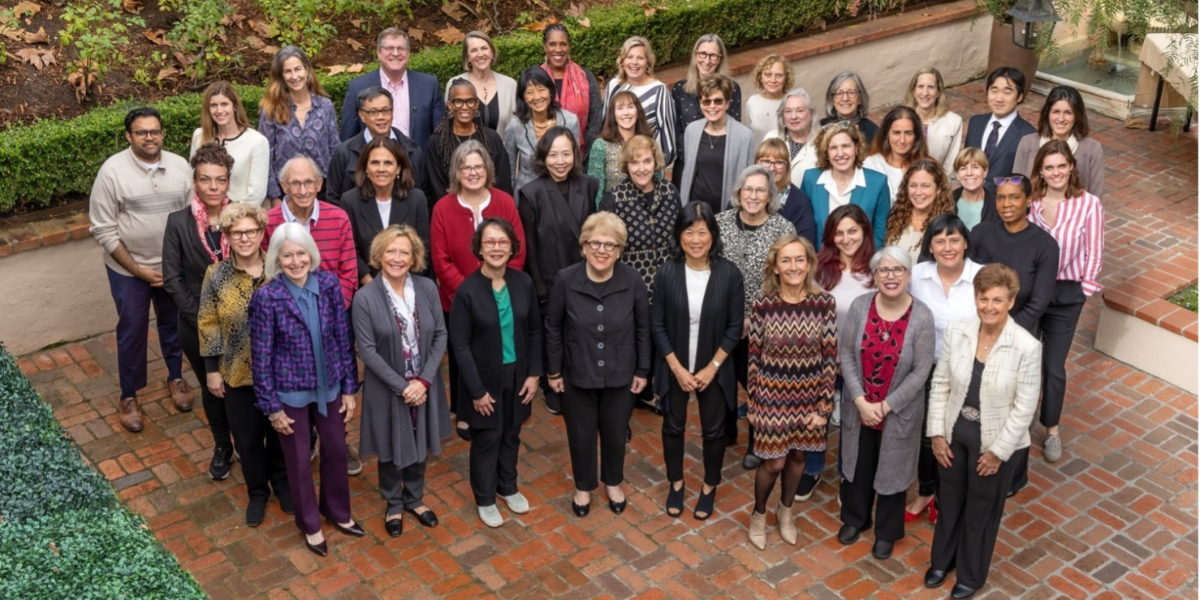
Nancy Zionts, COO/Chief Program Officer of the Jewish Healthcare Foundation, contributed to this post.
At the forefront of progress lies collaboration – a powerful force that brings together diverse voices, perspectives, and expertise to tackle pressing issues. That’s why Archstone Foundation was excited to sponsor and participate in a landmark collaborative event in January: the Salzburg Global Seminar on "Women as They Age: Addressing the Next Inequity Frontier."
Organized by the Jewish Healthcare Foundation and its operating arm, Women’s Health Activist Movement Global, 45 global leaders in several fields – from health care and public health to academia and advocacy – gathered in San Diego for an immersive program to confront the profound inequities women face as they age.
Closing the gap disadvantaging women’s health and well-being as they age is closely aligned with the Foundation’s mission of achieving equitable, coordinated care for older Californians. Within the programs we support, shining a light on the needs of women is especially important. And as a woman, mother, daughter, and caregiver who is aging, these issues are of deeply personal importance.
For three days, participants engaged in candid, safe, and open exchanges, drawing inspiration from global perspectives and forging relationships to drive collective action. We explored the multifaceted challenges confronting older women, from gender-based violence to caregiving responsibilities, and identified strategic pathways to drive lasting change.
Among others in the strong array of funders for the gathering were the Blue Shield of California Foundation, the Cambia Health Foundation, The Conrad Prebys Foundation, the Elsie H. Hillman Foundation, The Heinz Family Foundation, and The John A. Hartford Foundation.

Salzburg Global Seminar participants
Actions in Motion
What set this seminar apart was its focus on action. Participants developed concrete plans for the next three to five years to reframe the conversation about aging to prioritize women, elevate awareness and support for women caregivers, reduce poverty among older women, and advocate for policy and systemic changes.
Seminar participants have already started turning their plans into action. A few examples:
- A campaign will be launched later this year to spotlight the invaluable contributions of women caregivers, who are too often overlooked and underappreciated, and advocate for policies to alleviate poverty among older women, particularly in marginalized communities. This campaign will build upon the Salzburg Statement on the Value of Care and Caregiving, which recognizes women most often provide care to children and to those who are limited in their daily activities due to illness, disability, or other conditions. Policies must recognize caregiving is a shared responsibility of communities and governments and its physical, economic, and emotional demands must not be placed exclusively on women or marginalized people.
- The World Health Organization has added a goal to its platform about improving the health and well-being of older women. This milestone underscores the seminar's impact in shaping global agendas and policies.
- Inspired by the seminar, funders are reevaluating their practices to include a focus on older women. The Conrad Prebys Foundation, for instance, has pledged to prioritize funding for women researchers in the field of older women's health.
- The Jewish Healthcare Foundation has awarded a grant to Brandeis University (with Karen Donelan, PhD, a Salzburg seminar participant, as principal investigator) to research the state of inequity in the nation’s banking, financial services, retirement, long-term care insurance, and long-term services and supports.
How Archstone Foundation is Focusing on Women’s Health
Closing the gap disadvantaging women’s health and well-being as they age is closely aligned with the Foundation’s mission of achieving equitable, coordinated care for older Californians.
We believe the intersection of ageism and racism with sexism must be addressed throughout our work to ensure the health and well-being of all people as they age.
For example, our CalAIM Statewide Dementia Care Learning Collaborative – which supports community-based organizations that are serving older dual eligibles and persons with dementia at high risk of institutionalization – offers a clear opportunity to improve care for older women. Women are at greater risk of developing dementia; of the 6.9 million with Alzheimer’s disease in the United States, 61 percent (4.2 million) are women, according to the Alzheimer’s Association, and the lifetime risk for Alzheimer’s disease at age 45 is 1 in 5 for women and 1 in 10 for men. Earlier detection and better coordinated care could vastly improve their quality of life.
Shaping a More Equitable Future
The early achievements catalyzed by the Salzburg Seminar are another reminder of the transformative power of collective action. By uniting our efforts and leveraging our collective expertise, we can drive meaningful change for older women around the world. The seminar was only the beginning; the real work lies ahead when we roll up our sleeves and translate our commitments into tangible actions.
Others who care about health and human rights can find an array of ways to help end the disparities, including participating in community education about poverty or caregiving; shifting priorities to assure the intentional inclusion of older women in their aging funding and advocacy agenda; and working with governments and academia to assure curricula including older women are developed and supported.
To all who share our commitment to women's health equity, we extend an invitation to join us on this journey of change, which has the power to dismantle systemic barriers, amplify marginalized voices, and create a future where all women can age with dignity, respect, and well-being.
As we build this movement, we welcome additional participants, voices, and partners. Together, we can rewrite the narrative of aging, ensuring that older women are not only seen but heard, valued, and supported every step of the way.


